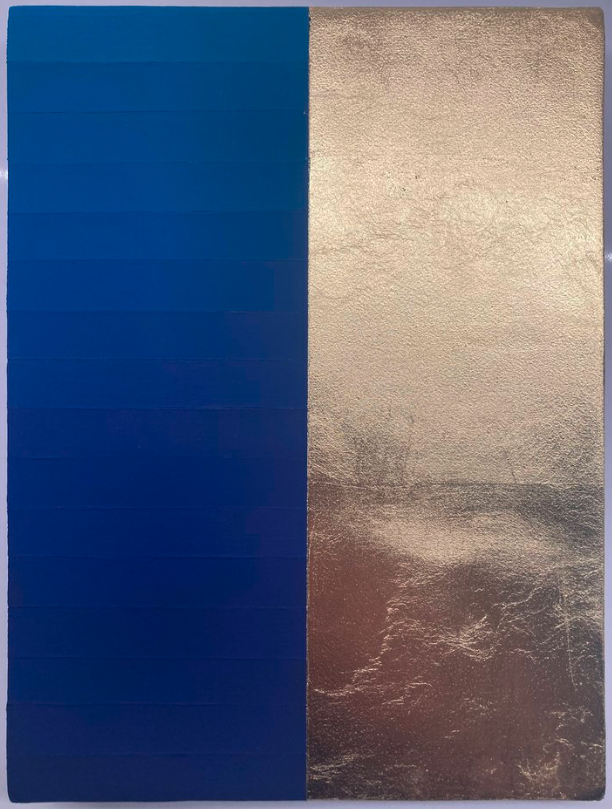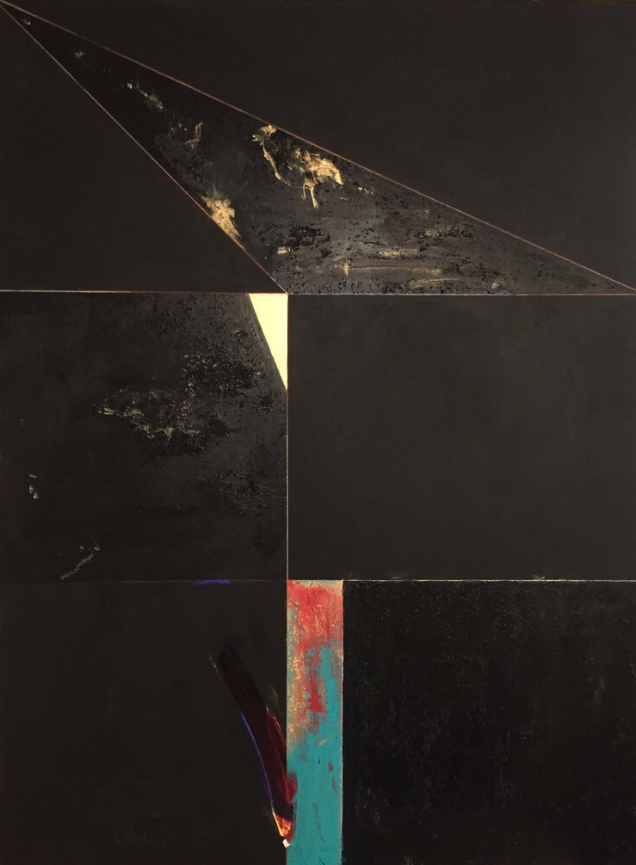Ryan Kirkpatrick
Kirkpatrick is an assistant professor in the School of Art. He specializes in art therapy, specifically exploring how personal disclosure can transform creative responses into shared, idea-driven art. He integrates mental health initiatives with contemporary art methodologies to address broader issues and experiences in mental health. As a therapist, Kirkpatrick has worked at the Jesse Brown VA Medical Center, and Thresholds, Chicago, Illinois. He received his MFA in interdisciplinary studio art from the San Francisco Art Institute.
Education
MA, Art Therapy and Counseling, School of The Art Institute of Chicago
MFA, Interdisciplinary Studio Art, San Francisco Art Institute
Area of study



Art Therapist/Artist statement
I am an Assistant Professor of Art Therapy at Arizona State University where I am designing and teaching coursework in art therapy, expanded arts, and socially-engaged art. I am building the ASU Undergraduate Art Therapy Program within the School of Art, preparing ASU undergraduates to succeed at the nation’s premier art therapy graduate programs. I’m pursuing research that focuses on the interdisciplinary convergence of expanded arts, social linguistics and art therapy practices with military Veterans. In early 2025, I will begin serving as a committee member on the American Art Therapy Association’s Undergraduate Educations Sub-Committee. I serve as a committee member on the ASU School of Art’s Governance and Democracy Committee (GDC). I am onboarded at the Phoenix VA where I serve as an art therapy and arts education volunteer and a Creative Arts Festival (CAF) committee member.
I am an interdisciplinary artist, art therapist, and reseracher. My art therapy practice is person-centered and trauma-informed. I believe that the client is the best expert of themselves and that their tacit and lived experiences should be honored with cultural sensitivity and humility. I offer care that is built on informed choice, consent and collaboration. I emphasize the ongoing, ever-evolving relationship between the creative-self and the parts of self that seek safety, freedom, agency and recovery. I recognize the vital role that social justice and mental health initiatives and contemporary art practices play in the pursuit of equity with clients, within the mental healthcare systems and beyond. My clinical experience includes my art therapy fieldwork at Jesse Brown VA Medical Center (JBVA). At JBVA, I worked with Veterans experiencing post-traumatic stress disorder, substance-use disorder, military sexual trauma, schizophrenia, bi-polar disorder, depression and anxiety. My work emphasized the crucial role that contemporary art discourse and methodologies can play in supporting, affirming and expanding the creative identity, experiences and wellness of Veterans. I practiced art therapy and talk therapy with adults with serious mental illness (SMI) at the community-based non-profit Thresholds in Ravenswood, IL. At both JBVA and Thresholds, I worked in 1:1, group therapy and open-studio formats and settings.
My process of art-making was born out as a desire to demystify my experiences and to satisfy my sensorial needs to engage materials by creating objects that had a lasting impact on me, and my self-perception within the cultural-political world. Through my art therapy and contemporary art research practices, specifically my engagement with social linguistics and social justice with Veterans focusing on the dilemma of disclosure, my practice has evolved beyond acting solely as a container of personal reflections and instead aspires to act as a vehicle for metaphors within registers of meaning, capable of ethically leveraging and positioning my autoethnographic research and aesthetic choices to be in critical dialogue with, and respond to, broader issues at the convergence of contemporary and expanded arts, social justice and mental health.